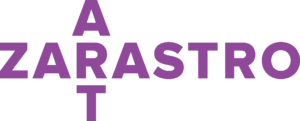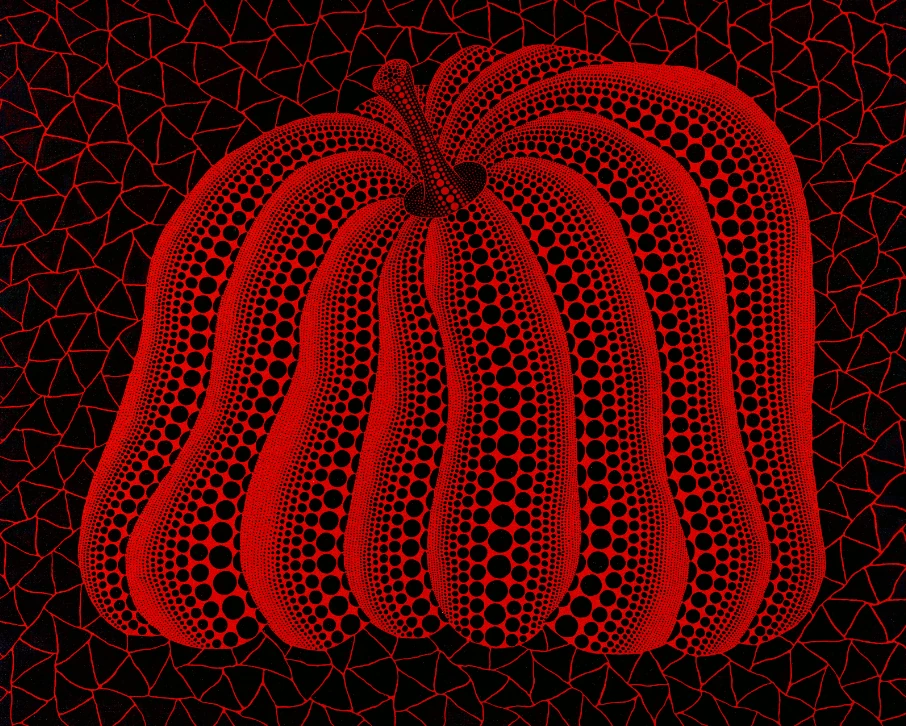The leaked lists of 16,000 artists’ names, supposedly used for training the Midjourney AI program, have reignited debates on AI image creation, copyright, and consent. Prominent names such as Frida Kahlo, Walt Disney, and Yayoi Kusama were included.
The information, initially shared through a Google spreadsheet titled “Midjourney Style List,” was reportedly obtained from Midjourney developers during the refinement process of the AI program’s ability to replicate the works of specific artists and styles.
Screenshots shared by artist Jon Lam on social media allegedly depict Midjourney developers discussing the preloading of artist names and styles into the program from sources like Wikipedia, ensuring that selected artists’ work would be available for mimicry. This revelation has reignited concerns about the processes involved in converting copyrighted artwork into AI reference material.
The leaked lists are linked to a 2023 class-action lawsuit against Stability AI, Midjourney, and DeviantArt for the non-consensual use of artists’ work in training generative AI programs. The lawsuit, despite being partially dismissed initially, has been amended and refiled, with additional plaintiffs and defendants, including the video generator Runway AI.
Midjourney’s attempt to dismiss the claim was denied. Artist Jon Lam has urged affected artists to join as additional plaintiffs, emphasizing that the lawsuit is still active and evidence continues to accumulate. The case specifically points to Midjourney’s use of the LAION-5B dataset, which includes copyrighted works collected from the internet, as a basis for the copyright infringement claim.
The website haveibeentrained.com has gained popularity among artists, allowing them to check whether their work has been included in training images for generative AI programs and providing a Do Not Train Registry to prevent inclusion in cooperating datasets.
The controversy sheds light on the ethical implications of using human artists’ work without their permission to train generative AI programs, even though the legal standing of such practices remains uncertain.



